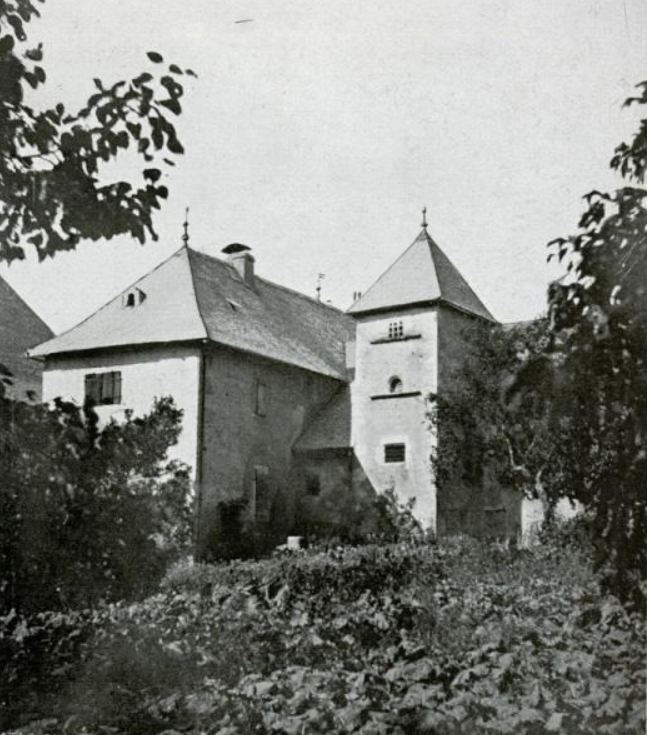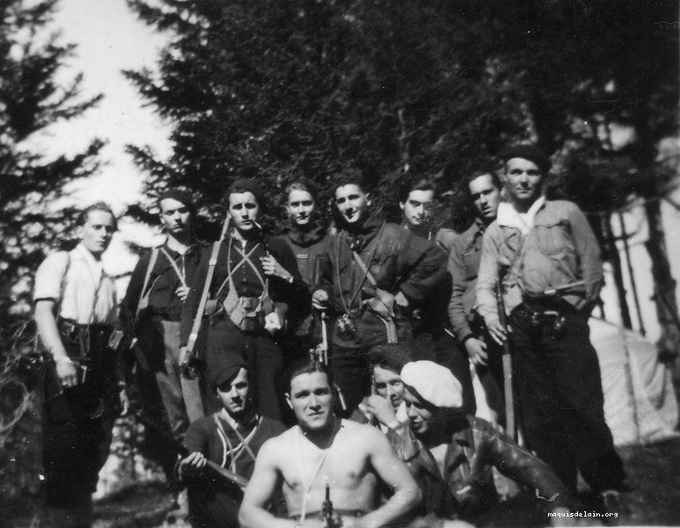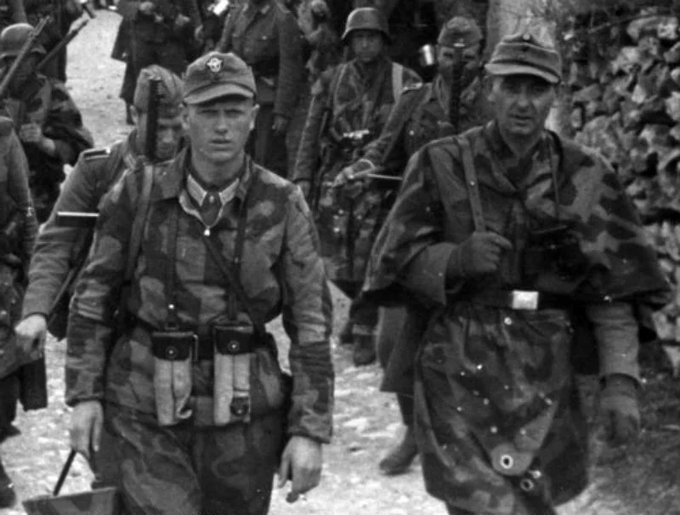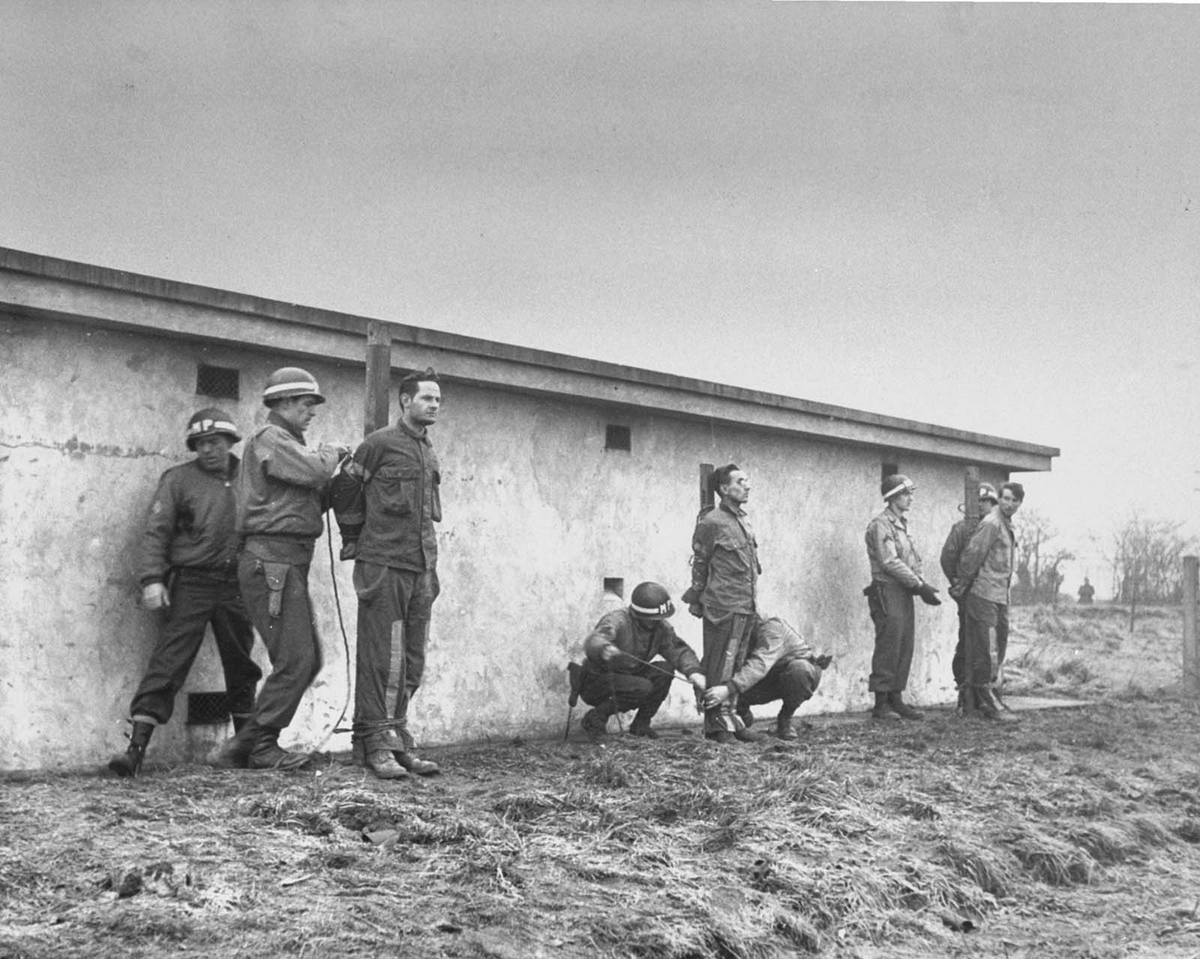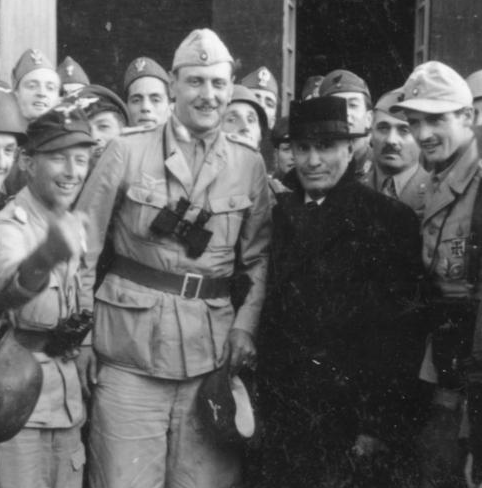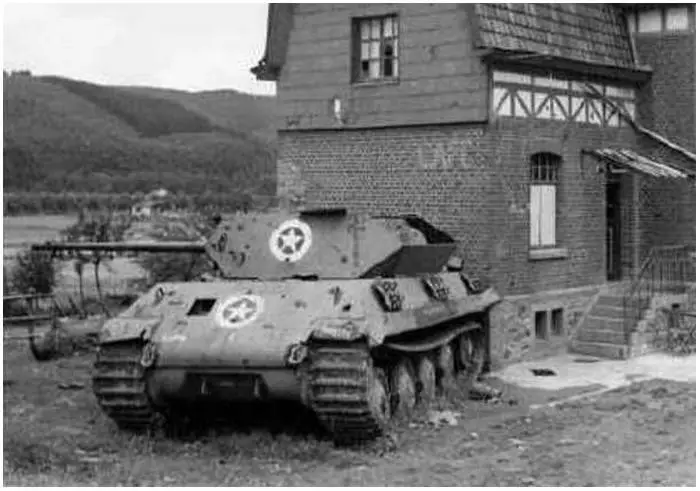🇺🇸 🇫🇷 Marthe Rigault was a 12-year old girl living with her parents at their farm near the village of Graignes, a few miles to the south of Carentan in Normandy. During the early hours of 6 June 1944, her world was turned upside down as liberators from across the ocean fell from the sky. 1/5



The American paratroopers were from the 82nd Airborne who had been misdropped and they landed in the flooded marshlands around Graignes. Many would lose their lives drowning in the marshes before they had a chance to fight. The first paratrooper she saw was one who knocked on the farmhouse door. The family let him in and helped him dry off in front of the fire. 2/5

Over the next few days, over a hundred stragglers were given shelter in the barn, then the sector saw the arrival of the 17th SS Panzergrenadier Division Götz von Berlichingen. 3/5 

The village came under heavy attack on 11 June. Locals had used their flat bottomed boats to scour the marshes and much of the paratroopers' equipment and mortars had been retrieved, but the paratroopers were forced out and many found refuge in local dwellings. Marthe and her sister, without their parents knowledge, continued to hide 23 Americans in the barn loft, bringing them eggs, rabbits and potatoes.
Marthe is seen here with her father and sister Marie-Jeanne after the fighting had moved on. 4/5

Marthe is seen here with her father and sister Marie-Jeanne after the fighting had moved on. 4/5


Marthe was awarded the Légion d'Honneur last week in a ceremony held in Carentan. Present, was Stephen Rabe, whose father had been one of the paratroopers helped by Marthe and her sister. More can be learned about these lost paratroopers and the role played by the villagers of Graignes in his book, "The Lost Paratroopers of Normandy". 5/5



• • •
Missing some Tweet in this thread? You can try to
force a refresh


